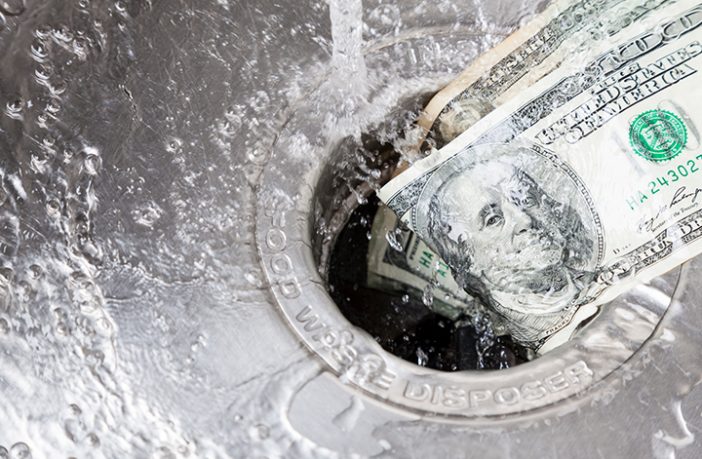Despite a flattening immigration curve, Mexican immigrants in the United States are sending record amounts of money south of the border.
Remittances to Mexico are on a historic run in 2020. According to the latest reports, the $3.53 billion sent home in July was up 7 percent from the same month last year. Remittances surged to their highest level ($4.02 billion) in March; June was the second highest, eclipsing May’s figure.
While robust remittances are nothing new for Mexicans who account for more than 60 percent of America’s Hispanic population, the rising outflows contrast with declining levels of immigration.
Since 2014, Mexican migration to the U.S. has been slipping. Between 2016 and 2017, the Mexican immigrant population shrunk by about 300,000, from 11.6 million to 11.3 million, according to the Migration Policy Institute (MPI).
“More Mexican immigrants returned to Mexico than have migrated to the United States, and apprehensions of Mexicans at the U.S.-Mexico border are at a 40-year low,” MPI reported.
Mexican immigrants who do come are more likely to be college graduates and have stronger English skills than those who arrived in prior decades, MPI said. A demographic shift toward potentially higher wage earners may partially explain the continued rise of remittances in a COVID-riddled economy.
On the other hand, Mexican nationals still make up the largest cohort of illegal aliens in the U.S. — some 5 million generally low-paid migrants subsisting in the shadows.
Diverting American dollars to Mexico is a matter of choice by those sending the money. But such transfers harm the U.S. economy, and they can come at a personal price.
The Center for Immigration Studies (CIS) recently cited remittances as one of the chief reasons illegal and legal migrants spend less on housing than do low-income native workers. “Thus causing overcrowded living conditions, which, in turn, leads to easier transmission of COVID-19,” CIS asserted.
That scenario is playing out in Texas, where Hispanics account for 52 percent of COVID fatalities, with rates spiking in the Rio Grande Valley bordering Mexico.




